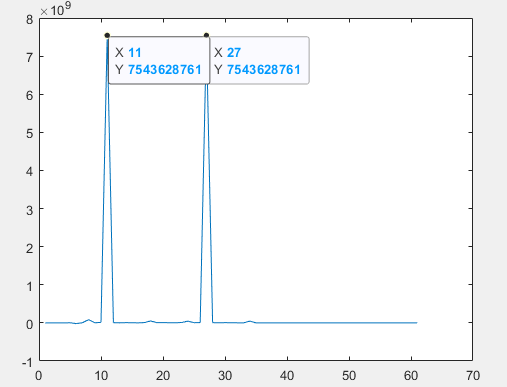Not sure which platform you are using . if it's MATLAB , here is small code snippet which I quickly wrote using MATLAB's inbuilt "strfind" function
A = [12 534 5 23 44 66 23 68 86854 7 36 457 68 23 46 87 78 588 86 8 44 66 23 68 86854 87 9 905 0 -213 34];
B = [44 66 23 68 86854]
strfind(A,B) % returns 5 and 21 (starting index of Array B)
You can always use cross-correlation to find the similarity between A and B
Please go through this post . It has detailed explanation with examples.
https://www.mathworks.com/help/signal/examples/measuring-signal-similarities.html
EDITED :
you can alternatively use xcorr function too
For the same example vectors A, B .. you can do something like this
xCorrResult = xcorr(B,A);
plot(xCorrResult)
You can see two peaks at index 11 and 27 which indicates B vector lies in A at indexes 5 (11 - length(B) -1) and 21 (27 - length(B) - 1)

